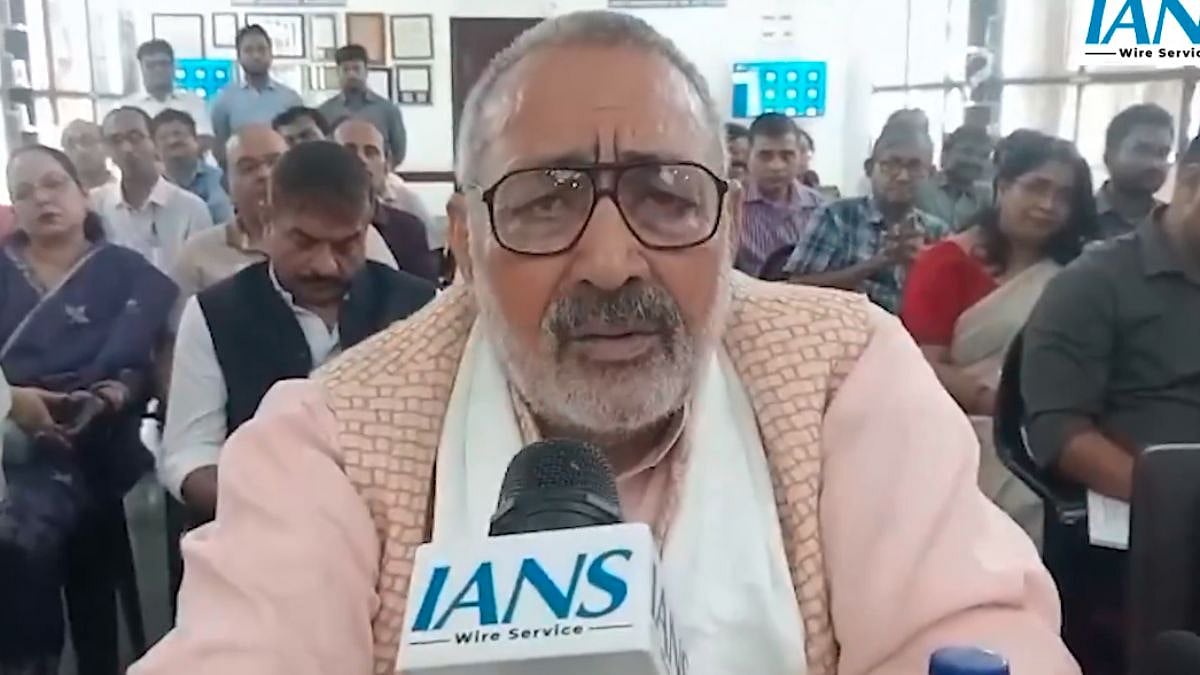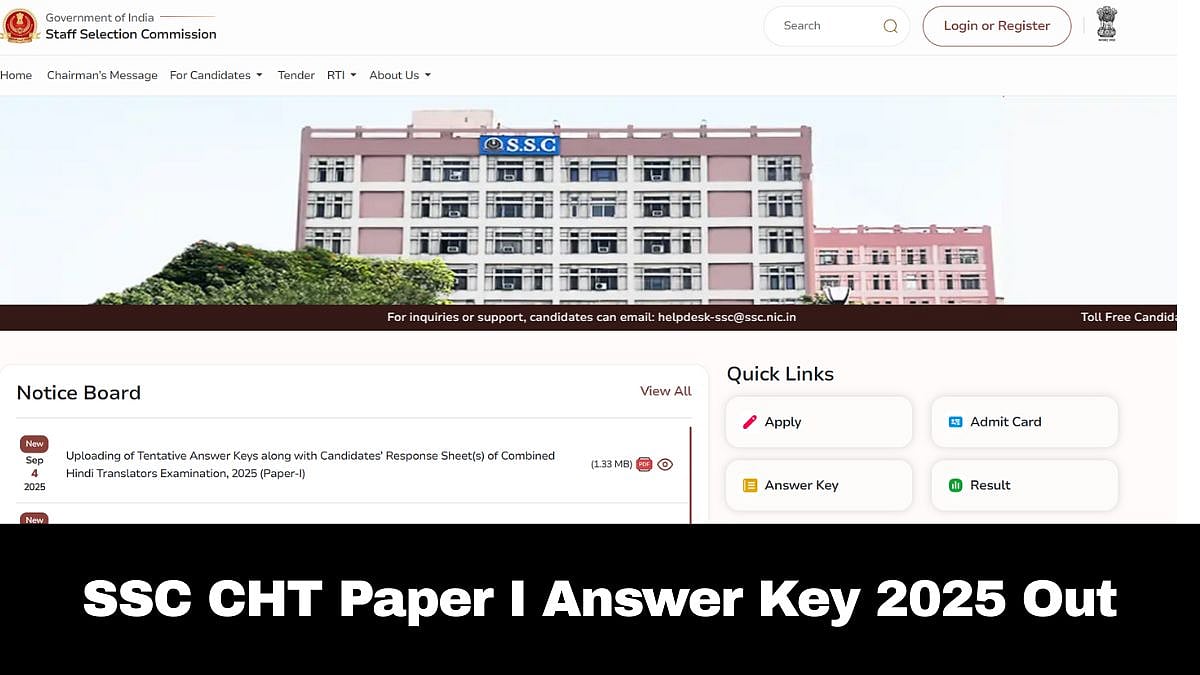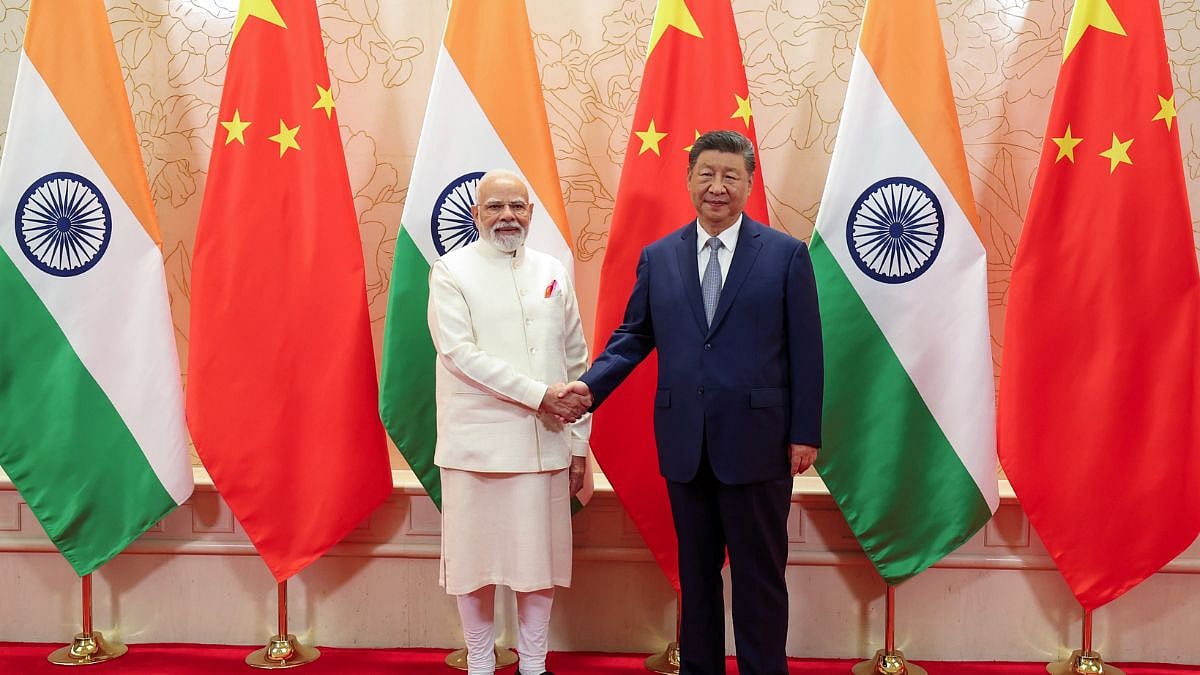A bomb scare outside the house of a prominent businessman in Mumbai and the subsequent murder of a Thane resident saw the National Investigation Agency (NIA) arrest assistant police inspector Sachin Vaze and three of his colleagues. It also sparked a legal quagmire involving top IPS officers in the state, a former home minister and the state itself.
But wasn’t this in the offing? The prudence of reinstating an encounter specialist facing murder charges was always under question. There were no provisions to overrule, nor was there a body which could legally enquire about the consequences or precedent such an appointment would set. This takes one back to the antiquated law that was written 160 years ago by our colonial rulers to set a police force in motion, which largely, still continues.
The Indian Police Act of 1861 was the foundation of the country’s policing system, which as eminent jurist, the late Soli Sorabjee, while formulating the Model Police Act of 2006, put it: ‘a unique and peculiar amalgam of various features of Ancient, Mughal and British police and policing systems’.
Law and order being a state subject, the state of Maharashtra, on its part, brought forth the Bombay Police Act on June 11, 1951, which was largely done to introduce uniform methods for the police force in the state of Bombay, Saurashtra, Kutch, Hyderabad and Vidarbha regions.
Need for change
The need for a change in the policing system was realised as early as 1977. The then Government of India had appointed a National Police Commission on November 15, 1977, to redefine the roles, duties, powers and responsibilities, identify the basic weaknesses or inadequacies. The commission was also required to recommend measures and institutional arrangements needed to prevent the misuse of powers by the police, by administrative or executive instructions, political or other pressures or oral orders of any type, which are contrary to law, for the quick and impartial inquiry of public complaints made against the police about any misuse of police powers.
The commission submitted its first report in February 1979, the second in August 1979, three reports each in the years 1980 and 1981, including the final report in May 1981. The National Police Commission report and recommendations, for reasons best known to the governments of that time, never saw the daylight.
Changing socio-economic fabric
At the same time in Maharashtra, and in particular, Mumbai, the socio-economic fabric was changing. The famous cotton mills of Mumbai were being shut, pushing scores of working-class men and women into abject poverty, or into the lap of Mumbai’s infamous underworld.
The underworld, which had limited itself to smuggling, saw the emergence of gun-running, and thus started the infamous bloodbaths on the streets of Mumbai, with gangs gunning for supremacy. It went on to almost create a parallel governance, forcing the Mumbai police to sometimes go out of the book to crack down on the gangsters and their henchmen.
Mumbai Crime Branch
The underworld can also be credited for the birth of the Mumbai Crime Branch, to which young firebrand police officers were inducted to combat the increasing prowess of the underworld. The ingenious methods adopted by the Mumbai Crime Branch, to gather information and crack down on the underworld, in particular, saw it being compared with Scotland Yard.
But an unfortunate offshoot was the emergence of trigger-happy policemen who went on a killing spree to feather their caps. Later, the 1993 riots and the Justice BN Srikrishna Committee report that indicted many policemen, should have sent out a warning to the top cops of those times and the then governments to revisit and carry out the much-needed ‘police reforms.’
Police reforms, on paper only
With neither the state or the Central government inclined to press for ‘police reforms’, it took retired IPS officer Prakash Singh to move the Supreme Court in 1996 for directions to the state to implement police reforms. It had noted that the then Union Home Minister in a letter dated August 3, 1997, to state governments, had expressed the view that “if the Rule of Law has to prevail, it must be cured”. But police reforms remained only on paper. The Supreme Court, in its order in 2006, had noted the need for a State Security Commission and a Police Complaints Authority.
The State Security Commission was needed to ensure that the state government did not exercise unwarranted influence or pressure the state police, and for laying down broad policy guidelines so that the state police always act in accordance with the laws of the land and the Constitution. The functions of the State Security Commission also included the selection and minimum tenure of the director general of police.
Police Complaints Authority
The Police Complaints Authority, on the other hand, was to be raised at the state and district level. The district level was to look into complaints against police officers up to the rank of deputy superintendent of police while the state-level authority was to look into complaints against officers of the rank of superintendent and above.
Maharashtra, on its part, did amend the Bombay Police Act of 1951 in 2014 and did incorporate the State Security Commission and a Police Complaints Authority. But did the state actually have a State Security Commission or a district-level Police Complaints Authority in place? Had this been the case, then the drama that played out following Vaze’s arrest would not have happened, nor would a senior IPS officer have written a letter to remind the government of his seniority while it was deciding to appoint a director general of police recently.
In fact, a research paper published by the Bureau of Police Research and Development, titled ‘Political and Administrative Manipulation of the Police’ in 1979 states, “Excessive control of the political executive and its principal advisers over the police has the inherent danger of making the police a tool for subverting the process of law, promoting the growth of authoritarianism, and shaking the very foundations of democracy.” Didn’t we know?










